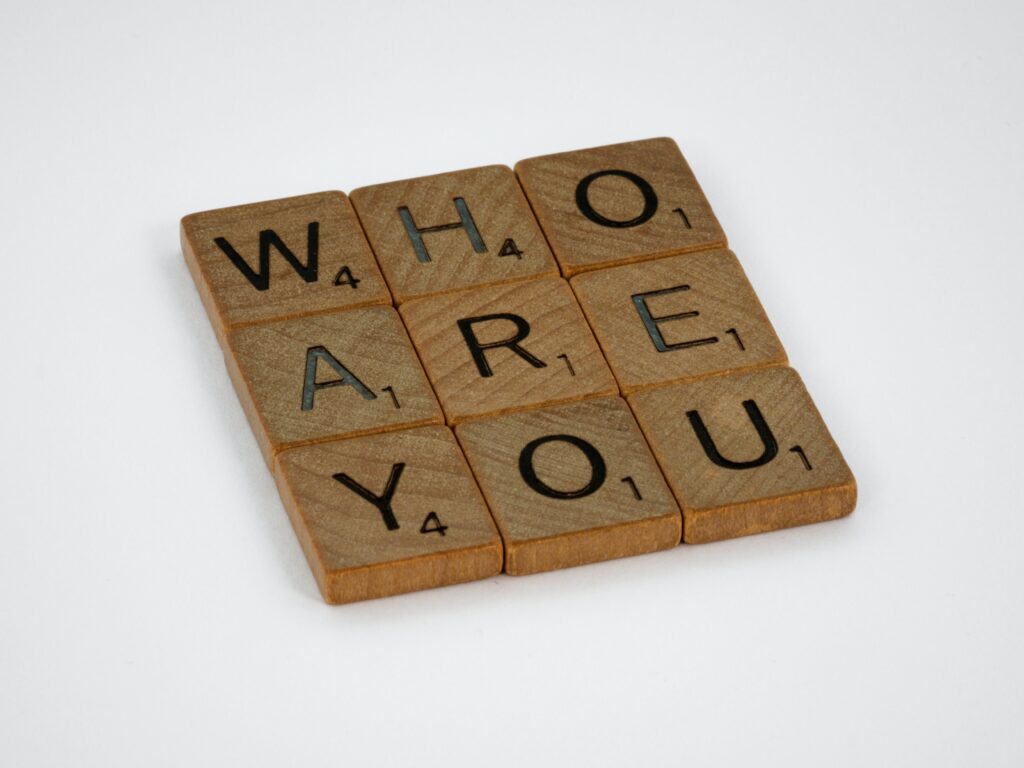The search for one’s purpose in life is often the work of a lifetime. And, to be fair, it’s a question that is both extremely important to answer, and one that is extraordinarily difficult to do so. Here, I want to apply some of my knowledge as a professional philosopher who has been teaching at the university level for seven years to introduce you to some thinking that has helped me answer, or at least come to terms with, questions about purpose in my life.
Here, I’ll start by setting the stage for the problem, before giving you some reading recommendations that are likely to keep you busy for a few years, before making some commentary on finding purpose in life.

There’s a Lot of MOral Choice in the World
The 21st century is an extremely rich time to be alive in terms of our ability to seek out information. But, that comes with a major downside in terms of finding purpose in one’s life.
With just a little bit of looking around online, you can come to the conclusion that there are hundreds of ways of looking at the world, easily. And, for each of those points of view, there are authentically-held beliefs that can guide someone’s life.
People of various faiths, philosophies, and ways of living hold beliefs, and develop moral standards that are contradictory to one another, but we can clearly see that people do hold each of these differing ways at looking for meaning dear to the ways in which they live their lives.
It’s easy to see, then, that your particular way of looking at the world is but one of many. For a lot of people, this presents a serious challenge: how can I be sure that my ideology, faith, or so on, is the correct one and is leading me towards behaving morally?
In simple terms, I’m not sure that you, I, or anyone else, can be absolutely sure of much of anything at all. But, with that said, I think Existentialist thought might offer us some insights to, at the very least, understanding where our ideas come from a little bit better.
